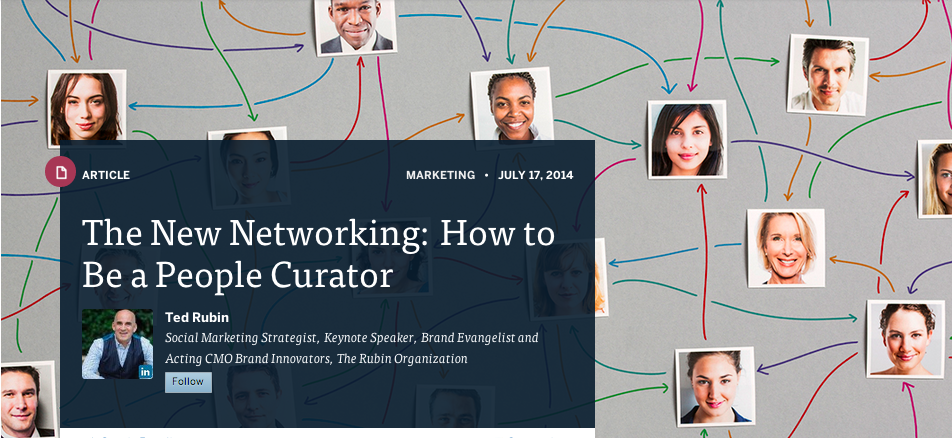 I realized the other day that most people grow up thinking in terms of professional affiliations. “I’m going to be an accountant.” “I’m going to work for General Dynamics.”
I realized the other day that most people grow up thinking in terms of professional affiliations. “I’m going to be an accountant.” “I’m going to work for General Dynamics.”
Somehow, I always thought of my career as a series of projects, not jobs. Projects… things to be invented, funded and shipped. Sometimes they take on a life of their own and last, other times, they flare and fade. But projects, one after the other, mark my career. Lucky for me, the world cooperated and our entire culture shifted from one based on long-term affilitations (you know, ‘jobs’) to projects.
I had a two-part approach to building a career about projects. The first was to find a partner who was willing to own the lion’s share of the upside in exchange for advancing resources allowing me to create the work (but always keeping equity in the project, not doing it merely for hire). Publishers are good at this, and it enabled me to bootstrap my way to scale. The second was to grow a network, technology and the confidence to be able to take on projects too big for the typical solo venture. Complicated projects, on time, is a niche that’s not very crowded…
Read more

Like Eat24 said, “Not to be rude, but … You’ve changed. A lot.”

 I realized the other day that most people grow up thinking in terms of professional affiliations. “I’m going to be an accountant.” “I’m going to work for General Dynamics.”
I realized the other day that most people grow up thinking in terms of professional affiliations. “I’m going to be an accountant.” “I’m going to work for General Dynamics.”